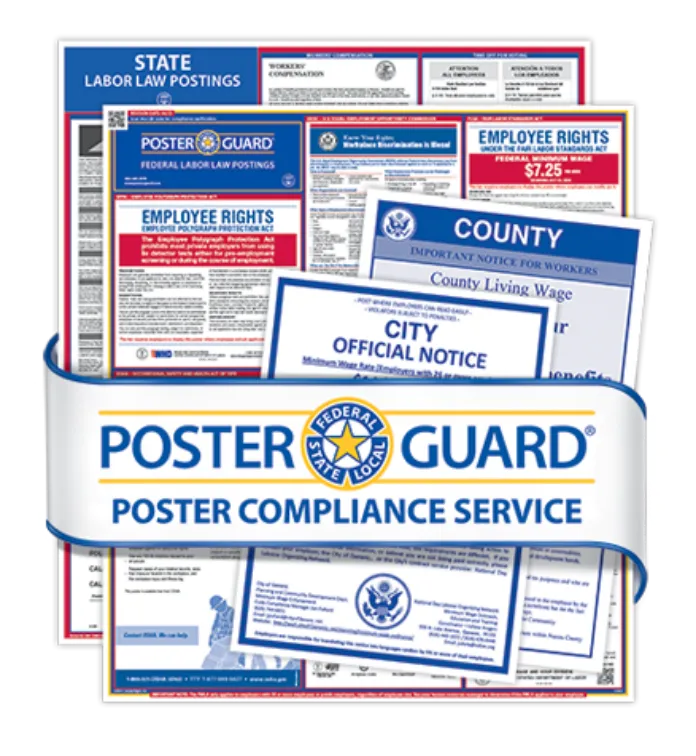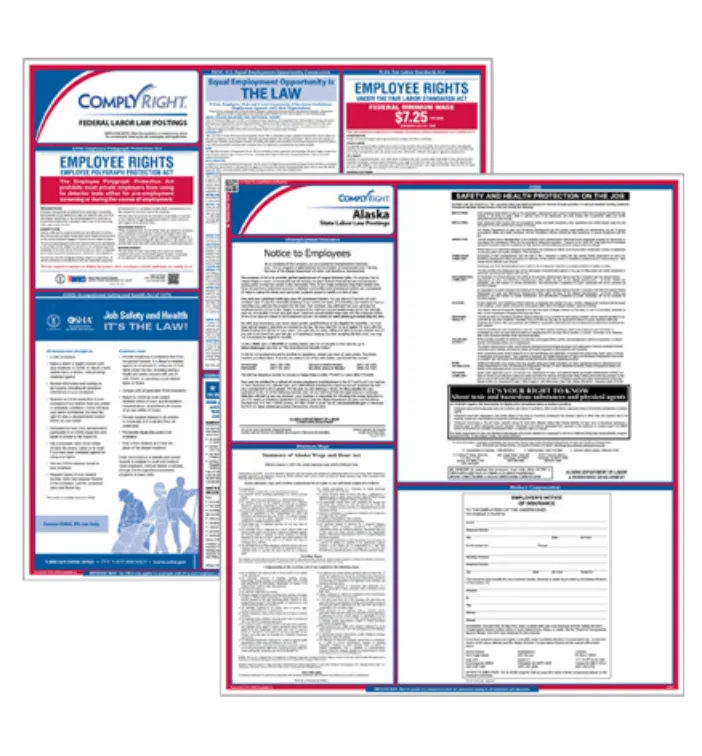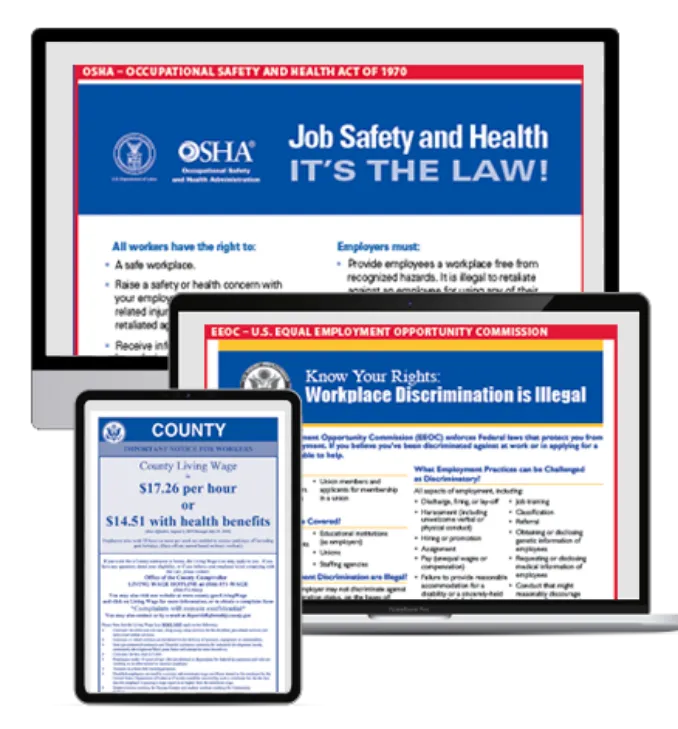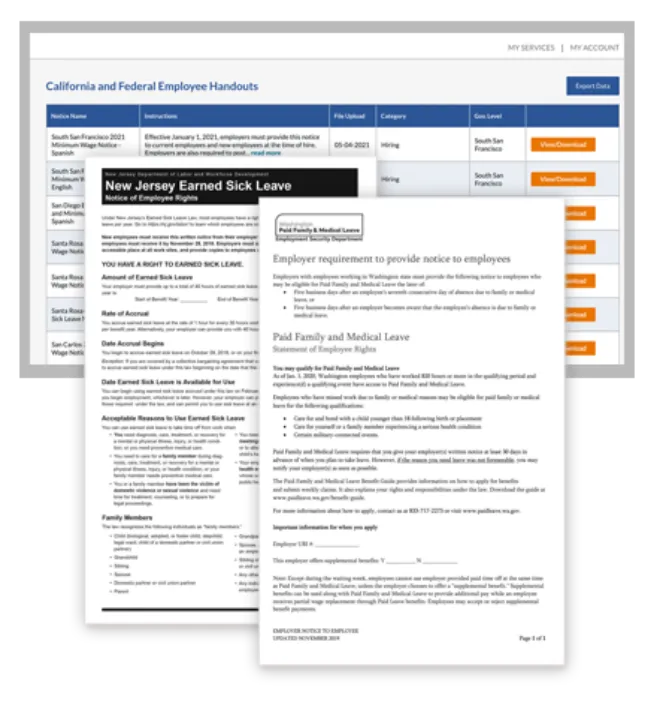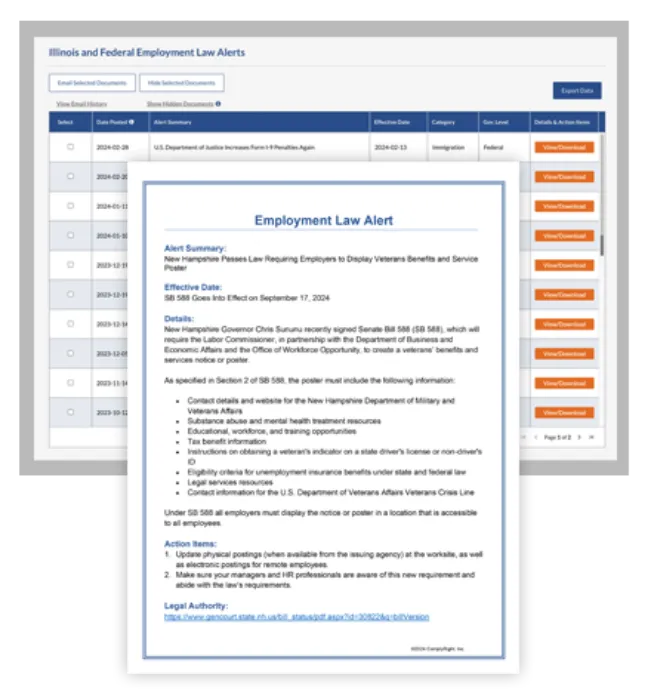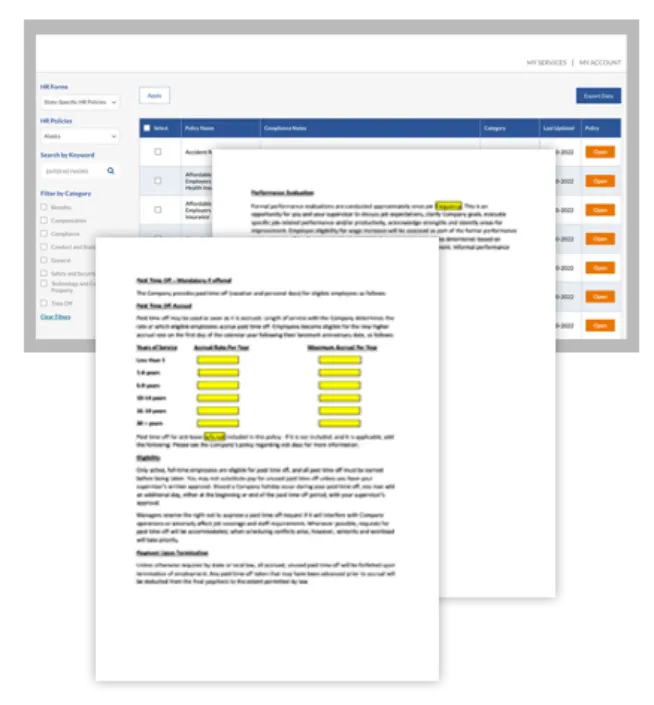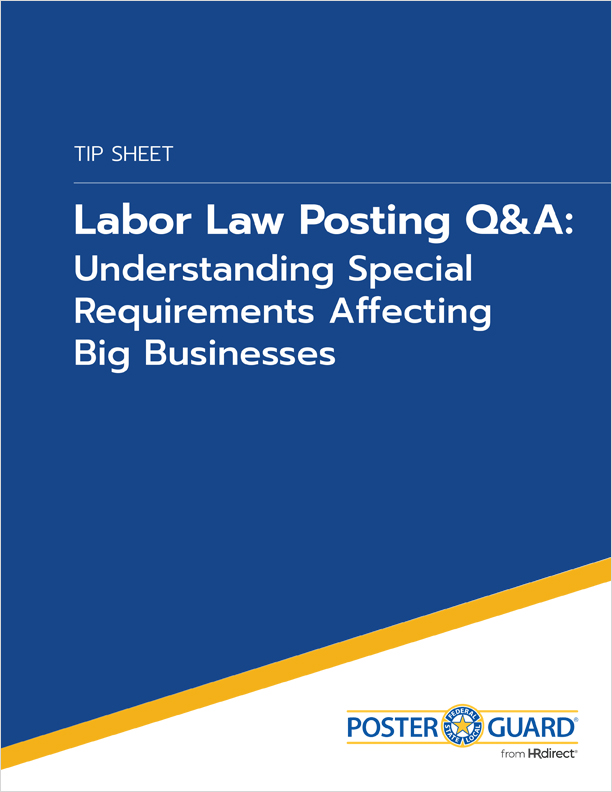In recent years, the number of disability discrimination cases filed with the Equal Employment Opportunity Commission (EEOC) has been steadily increasing. Last fiscal year, the EEOC received more than 29,000 charges of disability discrimination — a 25-year high. This alarming trend underscores the urgent need for employers to not only understand disability discrimination but also take proactive steps to prevent it. Businesses that fail to comply with the Americans with Disabilities Act (ADA) and other relevant laws risk significant legal and financial consequences.
Understanding Disability Discrimination
Disability discrimination occurs when an employer treats an individual unfairly because of a disability, as defined by the ADA. Under the ADA, a disability is any physical or mental impairment that substantially limits one or more major life activities. Discrimination can take various forms, and it’s important for employers to recognize and avoid these practices:
- Refusal to Hire
Employers may discriminate by rejecting a qualified applicant because of their disability. For example, turning away a candidate who uses a wheelchair or disqualifying someone for disclosing a disability during an interview both violate ADA protections.
- Firing or Demoting Due to Disability
Terminating or demoting an employee because their disability requires accommodations or time off is a form of illegal discrimination. Employers must explore reasonable accommodations instead of resorting to adverse employment actions.
- Failing to Provide Equal Opportunities
Disabled employees have the right to equal access to training, promotions, and career advancement opportunities. Denying these opportunities or assigning less desirable tasks based on disability can lead to discrimination claims.
- Harassing an Employee Based on Disability
Harassment based on a person’s disability — whether through derogatory comments or creating a hostile work environment — violates the ADA. This also includes physical or verbal abuse directed at an employee due to their disability.
- Failing to Provide Reasonable Accommodations
Employers must provide reasonable accommodations that allow employees to perform their job duties. Refusing to make a workspace wheelchair-accessible, not allowing flexible work schedules, or failing to provide assistive technology are examples of discrimination.
ADA compliance is not optional. Failing to provide reasonable accommodations or retaliating against employees for asserting their rights under the ADA can lead to significant financial and reputational damage.
Recent Disability Discrimination Cases
Several high-profile lawsuits show the consequences of non-compliance with disability discrimination laws:
- Pilot Air Freight settled a disability discrimination case in August 2024, agreeing to pay $400,000 after the EEOC alleged the company terminated an employee because of their disability.
- In another case from August 2024, Innovative Services Northwest agreed to pay $136,500 for refusing to provide reasonable accommodations to a disabled employee.
- Didlake Inc. paid more than $1 million in July 2024 after the EEOC found that the company retaliated against employees who requested reasonable accommodations.
- In July 2024, Opportunities Resources Inc. agreed to a $325,000 settlement for failing to engage in the interactive process of providing accommodations.
- Additionally, the EEOC recently filed a lawsuit against FedEx for allegedly failing to provide reasonable accommodations for an employee, highlighting the continued legal focus on disability discrimination.
For more information on recent disability-related lawsuits and ADA enforcement, visit the EEOC’s Virtual Newsroom.
How to Protect Your Business from Discrimination Lawsuits
To safeguard your business from costly disability discrimination claims, it’s essential to implement strong policies and best practices:
- Create a clear policy: Develop a comprehensive anti-discrimination policy that outlines prohibited conduct, establishes a complaint procedure and details the steps for investigating claims.
- Train employees: Ensure that all employees, especially managers and supervisors, are trained on disability discrimination laws and understand the importance of reasonable accommodations.
- Investigate complaints promptly: If an employee raises a discrimination complaint, conduct a thorough and timely investigation. Addressing complaints promptly can help prevent escalation.
- Review and update policies regularly: Disability discrimination laws evolve, so it’s crucial to review and update your policies regularly to ensure compliance with current regulations and best practices.
Stay Compliant with the ADA and Avoid Additional Fines
In addition to complying with ADA requirements, it's critical for businesses to stay on top of labor law posting regulations. During investigations, agencies like the EEOC may also discover outdated or missing workplace posters, which can lead to fines. Services like Poster Guard® Poster Compliance Service guarantee your posters are always up to date, reducing the risk of fines and demonstrating good faith compliance with government regulations.
By taking practical steps to align with ADA regulations and maintaining up-to-date workplace posters, you can protect your business from legal issues while fostering an inclusive work environment for all employees.

